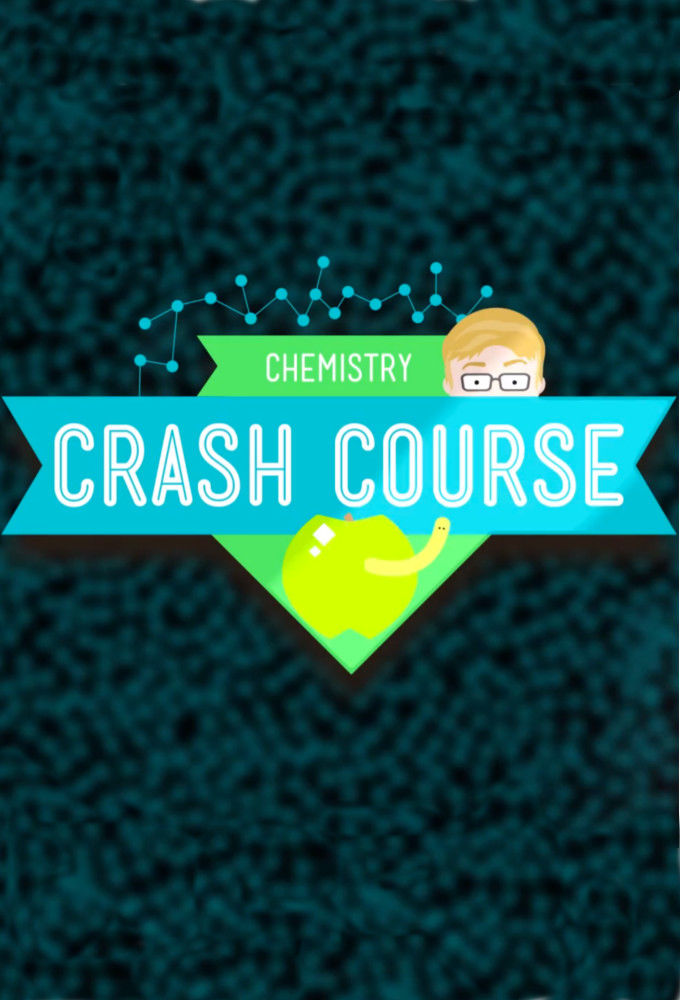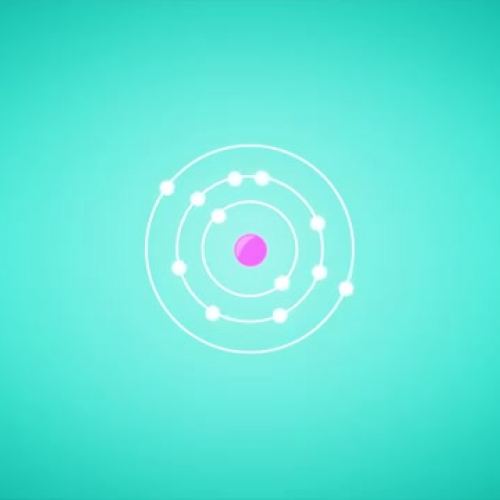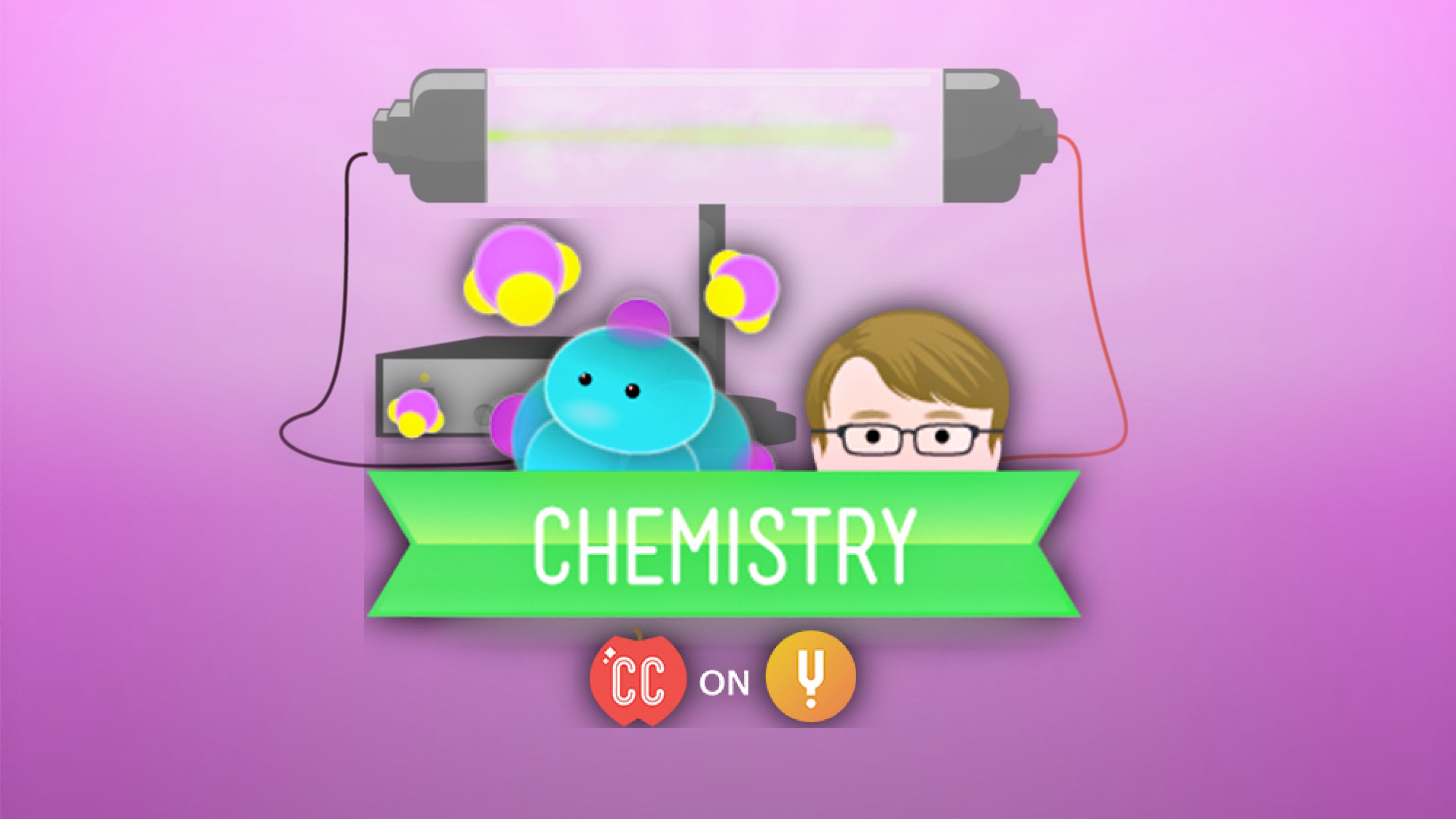Crash Course Chemistry 37
Crash Course Chemistry 37 - Hypothesis and experiment in the early development of kekule’s benzene theory. Web the history of atomic chemistry: Addition and subtraction operations 6m. Crash course chemistry #37. youtube, uploaded by crashcourse, 4 november 2013, www.youtube.com/watch?v=thndxfdkzzs. A brief history | crash course chemistry #37 tldr the understanding of atomic structure has evolved over time through the contributions of various scientists, leading to the current understanding of atoms as consisting of a nucleus surrounded by electrons with properties of both particles and waves. Well, in terms of atomic chemistry, let’s go on a tour of the folks that were part of the long chain of other folks who helped us get to these deeper understandings of the world. Crash course chemistry #39 nuclear chemistry: Teachers can use these videos to support their lesson plans and engage students. How did we get here? They gave these particles the name “atomos,” which means uncuttable or indivisible. Well, in terms of atomic chemistry, let’s go on a tour of the folks that were part of the long chain of other folks who helped us get to these deeper understandings of the world. Web the history of atomic chemistry: How did we get here? Well, in terms of atomic chemistry, let’s go on a tour of the folks. Well, in terms of atomic chemistry, let’s go on a tour of the folks that were part of the long chain of other folks who helped us get to these deeper understandings of the world. Well, in terms of atomic chemistry, hank takes us on a tour of the folks that were part of the long chain of. Web the. Crash course chemistry #37 how did we get here? Crash course chemistry #39 nuclear chemistry: Web the crash course team has produced more than 45 courses on a wide variety of subjects, including organic chemistry, literature, world history, biology, philosophy, theater, ecology, and. These videos each cover specific topics and concepts learned in chemis 1) video question sheet to be. Estimated rays, he thought were just small particles. Well, in terms of atomic chemistry, let’s go on a tour of the folks that were part of the long chain of other folks who helped us get to these deeper understandings of the world. Addition and subtraction operations 6m. Web the history of atomic chemistry: Power and root functions 20m. Web we’ve talked about benzene a bit already in this series, but did you know that benzene rings are present in all kinds of familiar substances? How did we get here? Crash course chemistry #37 how did we get here? Well, in terms of atomic chemistry, let’s go on a tour of the folks that were part of the long. Citation formatting is not guaranteed to be accurate. Crash course chemistry #38 the history of atomic chemistry: Web the history of atomic chemistry: Hank takes us on a tour of the earliest pioneers in the field of atomic theory. Web the history of atomic chemistry: Well, in terms of atomic chemistry, hank takes us on a tour of the folks that were part of the long chain of. Mathematical operations and functions 47m. Web the history of atomic chemistry: A brief history | crash course chemistry #37 tldr the understanding of atomic structure has evolved over time through the contributions of various scientists, leading to. How did we get here? Well, in terms of atomic chemistry, hank takes us on a tour of the folks that were part of the long chain of. Well, in terms of atomic chemistry, let’s go on a tour of the folks that were part of the long chain of other folks who helped us get to these deeper understandings. Web in this episode of crash course organic chemistry, we’ll see how we can use electrophilic aromatic substitution to attach stuff to benzene rings like halogens, carbons, and more! Web the history of atomic chemistry: Citation formatting is not guaranteed to be accurate. How did we get here? These videos each cover specific topics and concepts learned in chemis Web how did we get here? Crash course chemistry #38 the history of atomic chemistry: Web the history of atomic chemistry: Mathematical operations and functions 47m. How did we get here? Teachers can use these videos to support their lesson plans and engage students. Power and root functions 20m. Web we’ve talked about benzene a bit already in this series, but did you know that benzene rings are present in all kinds of familiar substances? Crash course chemistry #37 electrochemistry: How did we get here? These videos each cover specific topics and concepts learned in chemis Crash course chemistry #37, chemistry videos on teachertube. Well, in terms of atomic chemistry, let’s go on a tour of the folks that were part of the long chain of other folks who helped us get to these deeper understandings of the world. Test for ions and gases 14m. Hypothesis and experiment in the early development of kekule’s benzene theory. They gave these particles the name “atomos,” which means uncuttable or indivisible. Elements exsict as discrete packages of matter. Web crash course chemistry #37 (the history of atomic chemistry) worksheet. Citation formatting is not guaranteed to be accurate. Web the history of atomic chemistry: Estimated rays, he thought were just small particles.
TV Time Crash Course Chemistry (TVShow Time)

Atomic Chemistry A Brief History Crash Course Chemistry 37 — Eightify

The History of Atomic Chemistry Crash Course Chemistry 37 YouTube

Prime Video Crash Course Chemistry Season 1

Crash Course Chemistry Episodes 15 by Teach Simple

Crash Course Chemistry 1 сезон даты выхода новых серий — Кино и сериалы

Crash Course Chemistry Video Worksheet 37 History/Atomic Chemistry

1. The History of Atomic Chemistry Crash Course Chemistry 37 YouTube

The History of Atomic Chemistry Crash Course Chemistry 37

Curiosity Stream The History of Atomic Chemistry Crash Course
Web The History Of Atomic Chemistry:
Web This Playlist Consists Of 47 Videos All About Chemistry.
Crash Course Chemistry #37. Youtube, Uploaded By Crashcourse, 4 November 2013, Www.youtube.com/Watch?V=Thndxfdkzzs.
Web The Crash Course Team Has Produced More Than 45 Courses On A Wide Variety Of Subjects, Including Organic Chemistry, Literature, World History, Biology, Philosophy, Theater, Ecology, And.
Related Post: